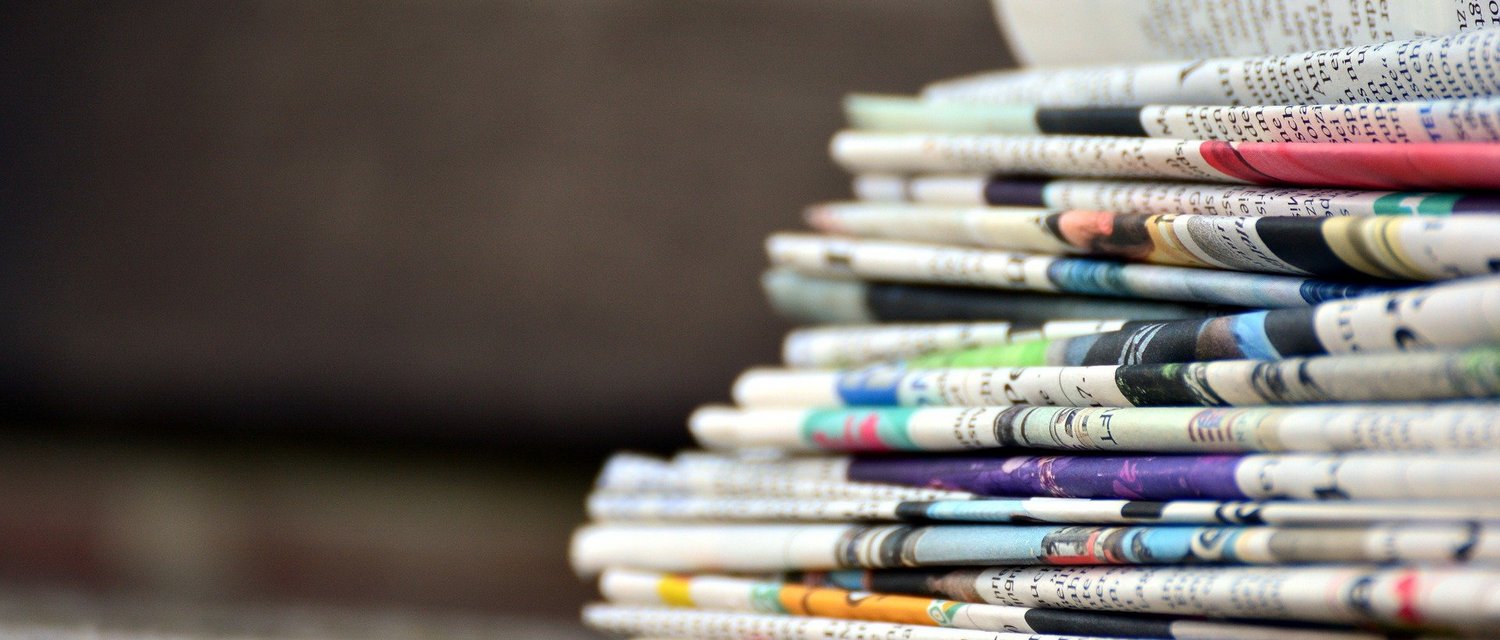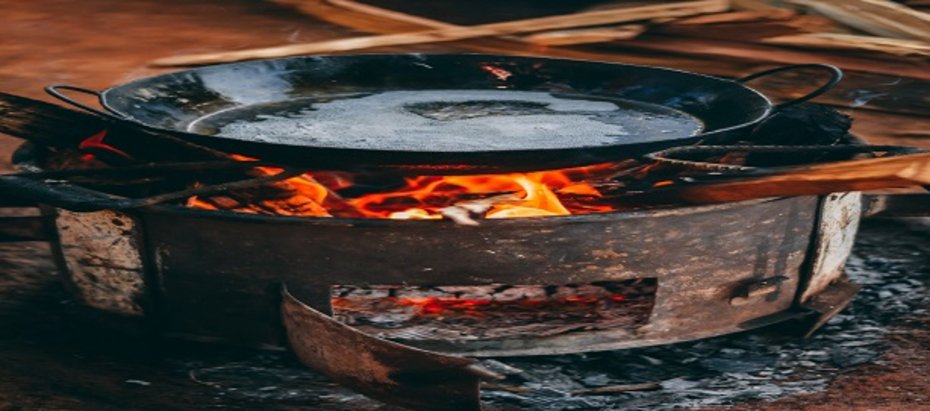
News
Impact of India’s PMUY Program in Rural Karnataka
A recent study by researchers from the University of British Columbia, the International Institute for Applied Systems Analysis, and the Stockholm Environment Institute evaluates the Indian government's national program, Pradhan Mantri Ujjwala Yojana (PMUY), in order to determine its effectiveness. The program was rolled out by the Indian government in order to overcome financial barriers to purchasing a clean, liquefied petroleum gas (LPG) stove and cooking fuel. This study was funded by the United States Environmental Protection Agency, the Clean Cooking Alliance ("Alliance"), the Peter Wall Institute for Advanced Studies, and the Collaborative Research and Training Experience- Atmospheric Aerosol Program (CREATE-AAP) at the University of British Columbia.
The study, which was conducted in the Koppal district of Karnataka, India, reveals that despite rapid growth of LPG consumers enrolled in the program, there is not a one-to-one correlation with increased LPG sales. More than 70 million poor women received LPG within the first 35 months of PMUY. Though the PMUY program provides consumers with a one-time subsidy or an optional loan to cover initial costs of a LPG connection, it was still not a big incentive to switch from traditional, more polluting, cooking fuels. In summary, the study concluded that further steps should be taken to support the transition by offering subsidies beyond the initial purchase stage and to accompany such measures by awareness-raising programs. To read more about the program as well as the study, click here.
